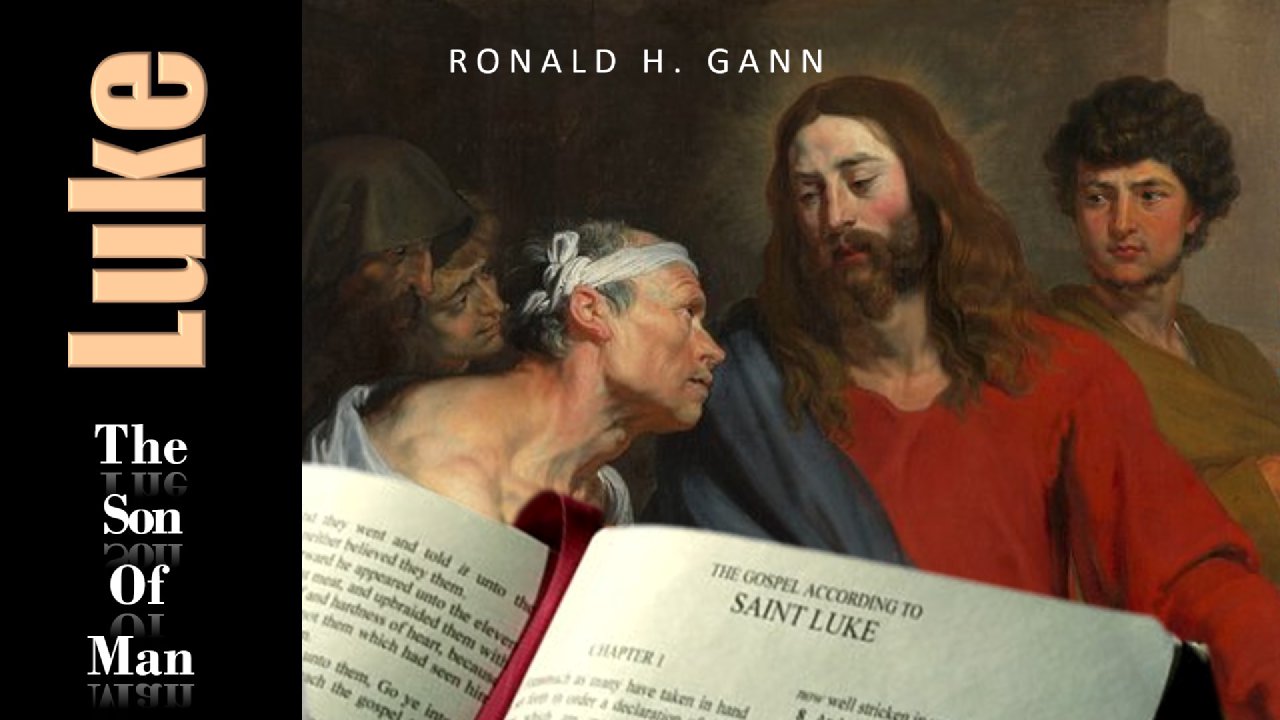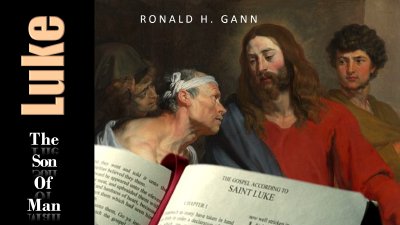The word "repentance" comes from the Greek word "metánoia," which literally means “to change one’s mind” to the degree that it results in changed behavior. All Christians fall into sin on occasion. But by the grace of God, we recognize our falling, stumbling, and failures for the sins that they are, and we repent of it, trusting that He who began a good work in us promises that He will complete His perfect work in us one day (Philippians 1:6). Until then, our conduct is but one piece of evidence of our salvation. But where and when our conduct fails—and it most certainly will—then it is our repentance that shows the genuineness of our imperfect but saving faith.
12 - The Ministry of John the Baptist (Part 2)
Luke 3:7-8
March 24, 2024 • Pastor Ronald H. Gann • Luke 3:7–8
16 - The Deliverer & The Demoniac
May 12, 2024 • Pastor Ronald H. Gann • Luke 4:31–37
To the surprise of many Christians, evil spirits (or demons) do not really make an appearance in the Old Testament, particularly as it relates to possession. Apart from 1 Samuel 16, they are only alluded to in Genesis 6. It wasn’t until the Kingdom of God was inaugurated with the arrival of Jesus Christ that demons revealed themselves to a spiritually-awakened world. Interestingly, they never attacked Jesus. Not once. Demons assaulted the souls of sinful people (cf. 1 Sam. 16), to be sure, but never did they assault the sinless Jesus. In fact, whenever a confrontation occurred between Jesus and demons, it was always Jesus who went on the attack. And the Lord's first encounter with a demonic in the synagogue in Capernaum demonstrated conclusively his authority over the satanic.
01 - Introduction - The Son of Man
December 17, 2023 • Pastor Ronald H. Gann • Luke 1:1–4
Luke wrote his gospel from the perspective of a Gentile writing to another Gentile, named Theophilus, about Jesus being the Son of Man. Despite his anonymity, we see in the first four verses of his prologue a few elements that hint at, or point to, the type of Christian man that Luke was. They are both implicit and explicit. In addition to being a physician (Col. 4:14), Luke is revealed to be a biographer, a historian, and a theologian who took it upon himself to write the most expansive, complete, and thorough gospel on greatest story ever told—the life and ministry of Jesus Christ.
02 - The Parents of John the Baptist
December 31, 2023 • Pastor Ronald H. Gann • Luke 1:5–13, Luke 1:18–25
In writing to Theophilus, it was essential that Luke begin the saga of salvation with the forerunner, John the Baptist. His story is the tie that binds the Old and New testament together. He’s the last of the prophets to come the order of the Old Testament but the first to grace the pages of the New Testament. Most significantly, the story of John the Baptist established that he was in fact the divinely prophesied forerunner to the Messiah. His testimony concerning Jesus, therefore, carried a lot of weight and verified that Jesus was in fact the Christ. And John’s story first begins with his godly parents, an aged priest named Zechariah and his barren wife Elizabeth, and how God broke 400 years of silence in Israel with a personal revelation to them about the miraculous birth of their son that was to soon come.




